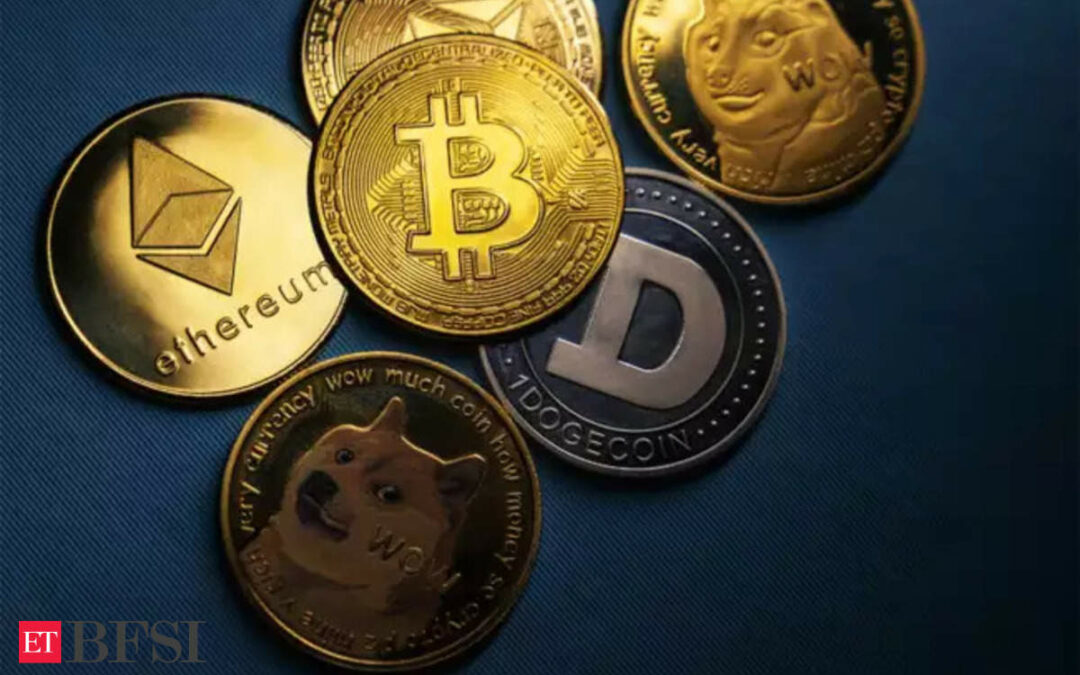The Reserve Bank of India’s (RBI) stance on cryptocurrencies will be keenly watched after the surge in bitcoin value with the election of Donald Trump as US President and arrival of a new governor at the central bank.
The RBI under former governor Shaktikanta Das had been vehemently opposed to cryptocurrencies and has time and again warned of fiscal risks such as tax evasion, reliance on voluntary compliance for peer-to-peer transactions, and potential loss of “seigniorage” income.
However, the Securities and Exchange Board of India (Sebi) has been more accommodating and has recommended a multi-regulator framework, according to earlier reports.
Sebi’s proposal
Sebi has suggested that various regulators oversee cryptocurrency-related activities within their respective domains, avoiding the creation of a unified regulator. It has outlined a framework where:
Sebi monitors cryptocurrencies that function as securities and Initial Coin Offerings (ICOs), with licensing provisions for equity market-related crypto products.
RBI regulates crypto assets backed by fiat currencies.
Insurance Regulatory and Development Authority of India (IRDAI) and Pension Fund Regulatory and Development Authority (PFRDA) oversee insurance and pension-linked virtual assets.
Consumer Protection Act addresses investor grievances in cryptocurrency trading.
This decentralized approach aligns with practices in the United States, where tokens resembling securities are governed by the Securities and Exchange Commission (SEC).
Sebi’s stance suggests a shift from an outright ban to an integrated regulatory approach, balancing innovation with oversight. However, other regulatory bodies, including the finance ministry, IRDAI, and PFRDA, have yet to comment on Sebi’s recommendations.
Bitcoin’s rise
Globally, cryptocurrencies have regained momentum. Bitcoin recently surpassed $100,000, driven by institutional interest and developments in the US, such as discussions on creating a Bitcoin reserve. Analysts predict continued growth, with Bitcoin potentially reaching $200,000 by 2025.
Adding to the global spotlight is U.S. President-elect Donald Trump’s pro-crypto stance. Trump has proposed creating a Bitcoin reserve by acquiring 1 million Bitcoins over five years to address the country’s $37 trillion debt. He has also nominated Paul Atkins, known for his lenient regulatory views, as the new chair of the SEC. These moves have stirred optimism among crypto advocates but raised questions about the implications for the U.S. dollar’s dominance and the global financial landscape.
India has previously seen a ban on crypto transactions by financial institutions in 2018, overturned by the Supreme Court in 2020. Despite the reversal, the central bank enforced strict anti-money laundering and foreign exchange rules to keep cryptocurrencies outside the formal financial system.
Since 2021, India’s government has signaled an intent to regulate cryptocurrencies. A proposed bill to ban private cryptocurrencies has not been tabled, but taxation measures introduced in 2022 aimed to dissuade crypto trading. The government has also mandated local registration for crypto exchanges operating in India.









